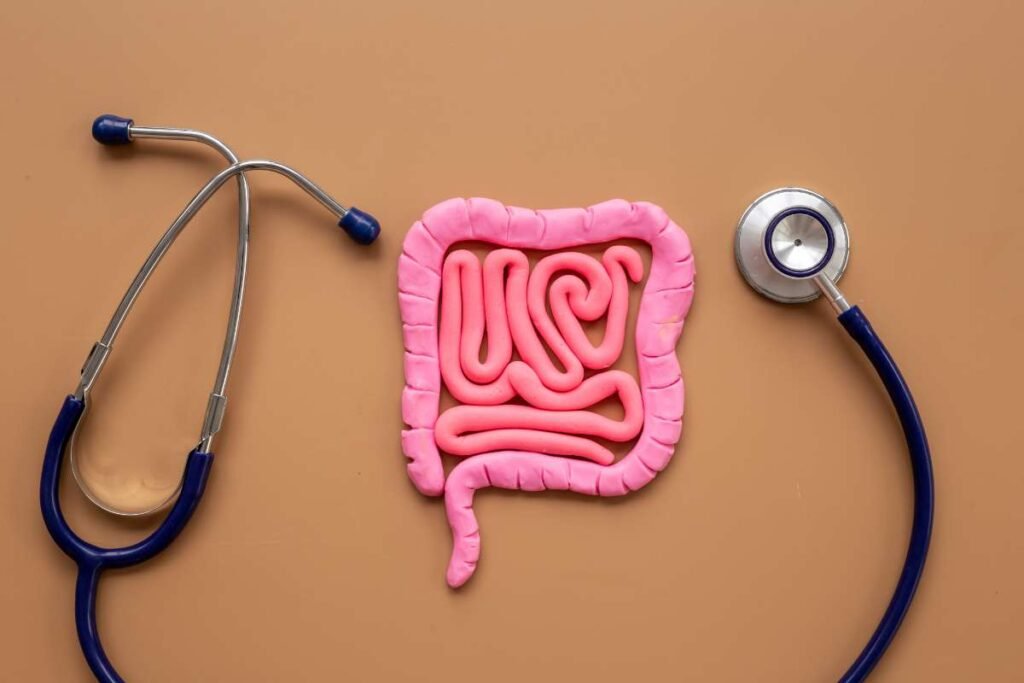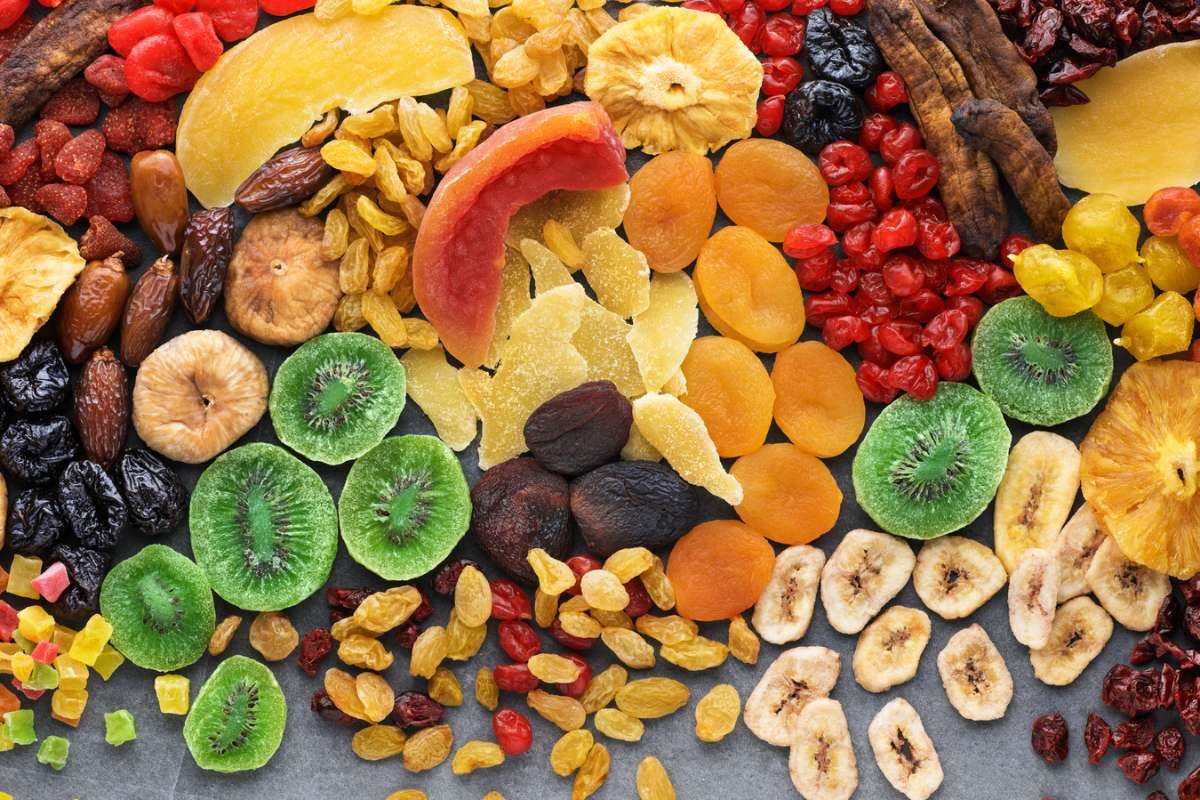Bowel cancer rates among people under 50 have increased by 22% in recent decades, with more than 2,600 cases diagnosed each year in this age group. What’s most concerning is that many of these patients do not have the usual risk factors—such as obesity, smoking, or a family history of the disease. Scientists have long speculated that lifestyle changes like poor diet, alcohol consumption, and inactivity could be contributing to the trend. However, new research is shedding light on a less expected culprit: a bacterial toxin called colibactin, produced by specific strains of Escherichia coli (E. coli), which may trigger cancer-causing mutations from an early age.
Colibactin: A Hidden Bacterial Threat
While most E. coli strains are harmless and even beneficial, certain types—namely pks+ E. coli—can release colibactin, a toxin known to damage DNA in gut cells. Researchers believe this toxin may be laying the groundwork for bowel cancer when individuals are exposed to it in childhood. A study published in Nature examined nearly 1,000 bowel cancer genomes and found that colibactin-related mutations were over three times more common in patients diagnosed before age 40 than in those diagnosed after 70.
These findings indicate a strong connection between early-life exposure to the toxin and young-onset bowel cancer. However, experts caution that colibactin may only be part of a broader mix of risk factors, and more research is needed to establish its exact role.
Despite its potential danger, there is currently no routine test to detect colibactin-producing bacteria in the gut, and scientists are still uncertain how these bacteria colonize children in the first place. Some hypotheses point to early-life exposures—possibly during childbirth, weaning, or through contaminated food and water. Researchers are also investigating whether dietary sources and probiotic supplements might be involved. In the meantime, early detection efforts are underway, with scientists developing stool tests to identify colibactin-linked mutations.
Bowel Cancer Prevention and What You Can Do Now?
Until more is known about colibactin, public health experts advise focusing on established ways to reduce bowel cancer risk. Diet plays a crucial role—adding more fibre from fruits, vegetables, legumes, and wholegrains can significantly reduce cancer risk by improving gut health and promoting regular bowel movements. Fibre also helps produce butyrate, a compound that protects bowel cells from tumour formation. Conversely, consuming large amounts of red and processed meats, which contain cell-damaging chemicals, increases cancer risk.
Maintaining a healthy weight, limiting alcohol, and staying physically active are also key preventative steps. According to Cancer Research UK, obesity is linked to 11% of bowel cancer cases, and insufficient fibre intake is responsible for 28%. Health professionals emphasize the importance of early detection. Symptoms such as changes in bowel habits, frequent toilet visits, and blood in stools should prompt a visit to the doctor. At-home tests are available and could be life-saving, especially when bowel cancer is caught in its early stages.









